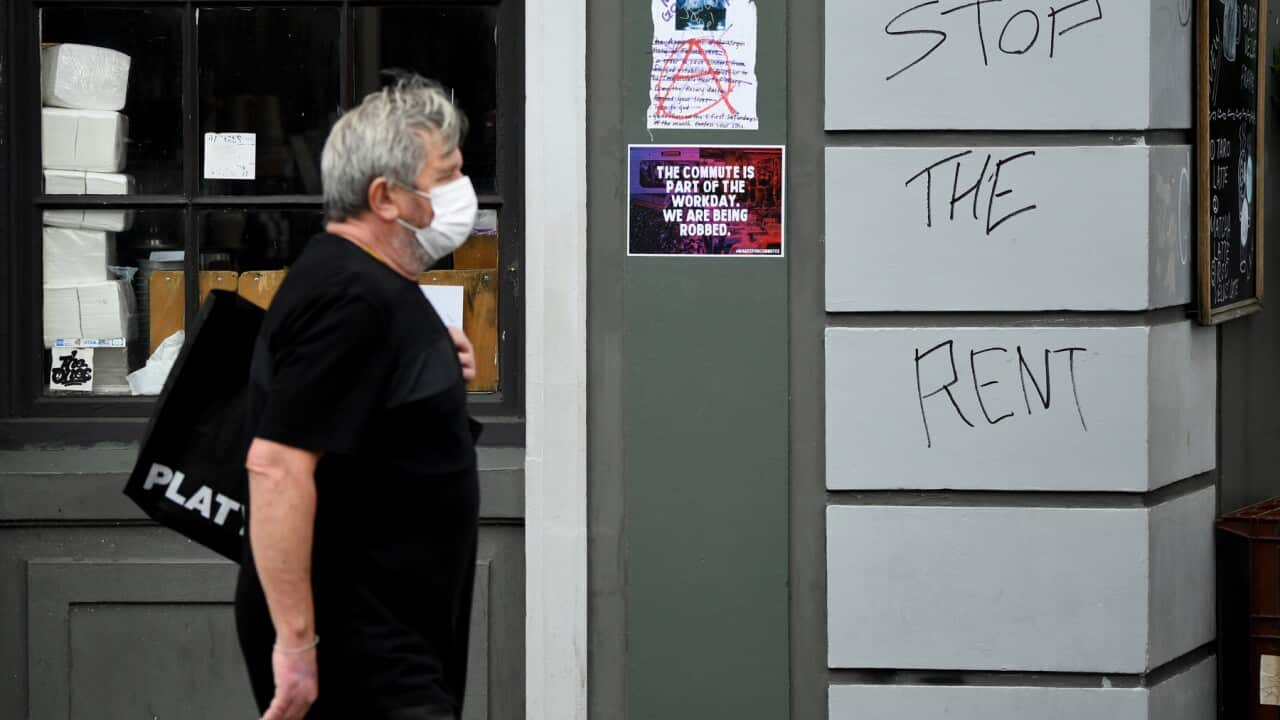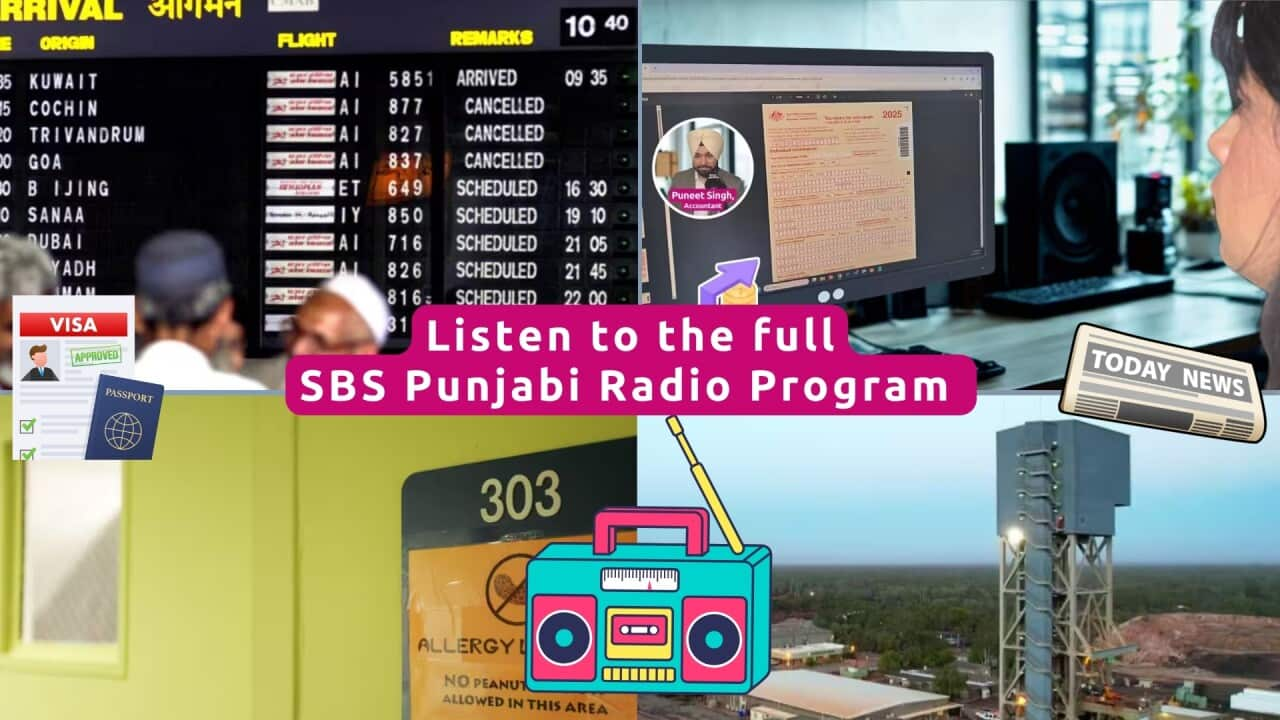Tia Smith, who lives in Darwin, lost her job in construction.
Just one of 1.6 million Australians now jobless as a direct result of coronavirus.
“So, we had gone from quite a high income for a household down to roughly $350 a fortnight so when our rent was $590 a week, roughly 1180 a fortnight, we just weren’t going to be able to keep up with that,” says Ms Smith.
No longer able to afford where she was living, she packed up and moved into a cheaper neighbourhood, one where she says she doesn’t feel safe.
Just days after moving in, the home was broken into.
Now barbed wire has been installed along the fence as a deterrent.
“When that happens you just don’t feel safe and you don’t feel secure anymore, your privacy has been invaded and you shouldn’t feel that way inside your house,” she adds.
Last month the Prime Minister announced a six-month freeze on evictions from homes and businesses, with funding and details to be determined by states and territories.
Victoria has unveiled a $500 million package to assist landlords and tenants.
In New South Wales the package totals $440 million.
Last week, Queensland passed laws protecting tenants from eviction if they can't pay their rent.
Western Australia has allocated $25 million to a rent relief plan, plus six months rent-free for government tenants.
Meanwhile, Tasmania, South Australia and the ACT have announced a short-term moratorium on evictions.
The Northern Territory government had recalled parliament last week to pass more coronavirus emergency legislation, including residential tenancy laws.
But those working in the sector, such as tenancy advocate Tamara Spence, say the news has come too late for some.
“Tenants are in trouble now, they’re having trouble paying their rent now, losing their jobs now,” Ms Spence says.
The Northern Territory's Attorney General Natasha Fyles outlines NT's approach.
"If someone is having difficulty in paying their rent that negotiation period is currently set at 14 days it extends it out to 60 days and then when the have to give notice the landlord gives notice to a tenant that currently again sits at 14 days and extends it out to 60 days we believe that’s reasonable,” she says.
Anyone concerned about negotiations with their tenant or landlord can contact Fair Trading in their state or territory.
Listen to the podcast in Punjabi by clicking the player inside the picture at the top of the page.
Coronavirus symptoms can range from mild illness to pneumonia, according to the Federal Government's website. Symptoms can include a fever, coughing, sore throat, fatigue and shortness of breath.
If you develop symptoms within 14 days of returning from overseas, you should call to seek medical attention.
If you don’t have symptoms but you have been in contact with a confirmed COVID-19 case, you should also call to seek medical attention.
If you believe you may need to get tested, call your doctor, don’t visit. Or contact the national Coronavirus Health Information Hotline on 1800 020 080.
If you are struggling to breathe or experiencing a medical emergency, call 000.







